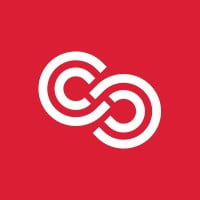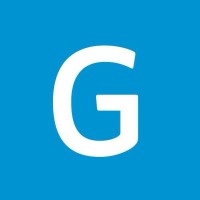
Cedars-Sinai
Since its beginning in 1902, Cedars-Sinai has evolved to meet the healthcare needs of one of the most diverse regions in the nation, continually setting new standards for quality and innovation in patient care, research, teaching and community service. Today, Cedars-Sinai is widely known for its national leadership in transforming healthcare for the benefit of patients. Cedars-Sinai receives consistent recognition for our excellence. Our awards include; being named one of America’s Best Hospitals by U.S. News & World Report, receiving the National Research Corporation’s Consumer Choice Award 19 years in a row for providing the highest-quality medical care in Los Angeles, achieving the longest-running Magnet designation for nursing excellence in California, and being recognized as The Advisory Board Company’s 2017 Workplace of the Year, an award Cedars-Sinai has won three years in a row. This annual award recognizes hospitals and health systems nationwide that have outstanding levels of employee engagement. Cedars-Sinai is a leader in the clinical care and research of heart disease, cancer and brain disorders, among other areas. Pioneering research achievements include using cardiac stem cells to repair damaged hearts, developing minimally invasive surgical techniques and discovering new types of drugs to target cancer more precisely. Cedars-Sinai also impacts the future of healthcare through education programs that encompass everything from highly competitive medical residency and fellowship programs to a biomedical science and translational medicine PhD program, advanced training for nurses and educational opportunities for allied health professionals. Most notably, Cedars-Sinai demonstrates a longstanding commitment to strengthening the Los Angeles community through wide-ranging programs that improve the health of its most vulnerable residents.






